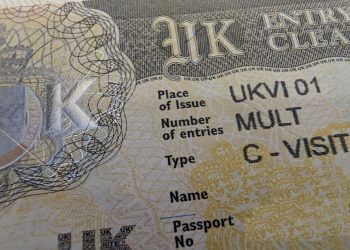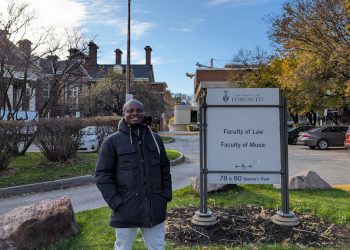Becoming a Citizen of Switzerland through a Skill Shortage Job
Swiss naturalization is the process of becoming a citizen of Switzerland, often involving residency, integration, and adherence to Swiss laws and values. Obtaining it through a skill shortage job involves securing employment in a field where Switzerland faces a labor shortage, which can facilitate obtaining a work permit, followed by a residence permit (B permit), and ultimately citizenship.
This process typically takes at least five years of residency with a B permit. This article details the pathway to Swiss citizenship through this route, outlining the steps, requirements, and strategic approaches to navigate this process successfully.
Benefits of the Swiss Naturalization via Skill Shortage Path
Faster Work Permit Process: Shortage skills often lead to expedited work permit approvals.
Smoother Path to Residency: A job in a shortage area makes obtaining a B permit easier.
Enhanced Citizenship Prospects: Employment in a vital sector fulfills several integration criteria necessary for citizenship.
Understanding the Role of a Job in Swiss Naturalization
Importance of Specialized Skills:
Working in fields like science, engineering, IT, or healthcare, which are often in demand, increases your likelihood of obtaining a Swiss work permit. This step is crucial as it opens the door to permanent residency, a prerequisite for Swiss citizenship.
Strategic Job Search:
Focus on areas where Switzerland faces skill shortages. The Swiss Federal Office of Migration (SEM) provides a list of such professions. Utilize professional networks, Swiss companies, and recruitment agencies specializing in placing talent in Switzerland.
Demonstrating Long-Term Commitment:
Stability and progression in your Swiss-based job show your intent to contribute to the economy, a favorable factor for residency and Swiss citizenship.
Pathway to Swiss Citizenship via Skill Shortage Job Route
Securing a Swiss Work Permit:
For skill-shortage professions, the labor market test (demonstrating no suitable Swiss candidates) may be simplified. Your employer will usually initiate this process.
Transitioning to a Residence Permit (B Permit):
After holding a work permit for a year, you become eligible to apply for a Swiss B permit. Essential criteria for it include language proficiency (B1 level spoken, A2 level written in a national language), financial independence, and evidence of social integration. Once you get this B permit then you will be all set to apply for Swiss naturalization.
Naturalization Process:
You need to reside in Switzerland for at least five years with a B permit which is a prerequisite for applying for citizenship. The naturalization process includes an integration assessment, a citizenship test, and a commitment to the Swiss Constitution.
Where to apply for Swiss Naturalization?
To apply for Swiss naturalization, your application destination depends on your residence and the type of naturalization:
If Your Residence Is In Switzerland: Apply at the cantonal office where you live.
If Abroad: Apply to the State Secretariat for Migration (SEM).
Conclusion
Gaining Swiss citizenship through a skill-shortage job requires a strategic approach, starting from identifying in-demand skills to securing a job and fulfilling the criteria for residency and citizenship. It’s a path that demands dedication and integration into Swiss society but offers a viable route to citizenship for those with specialized skills.
Still have some travel questions? Ask in our Travel WhatsApp Group.








